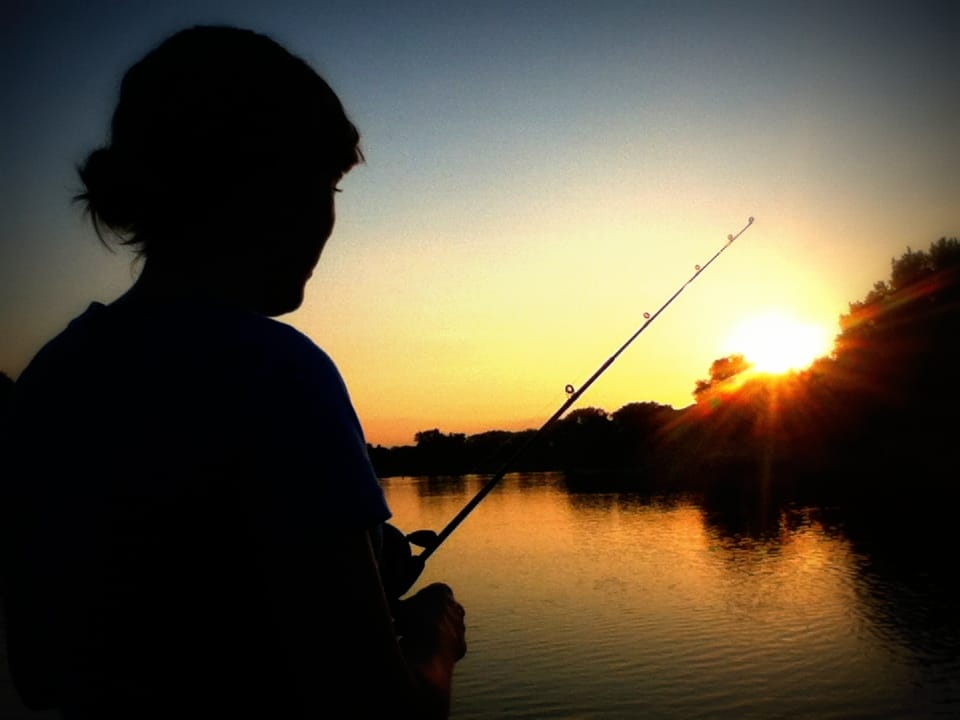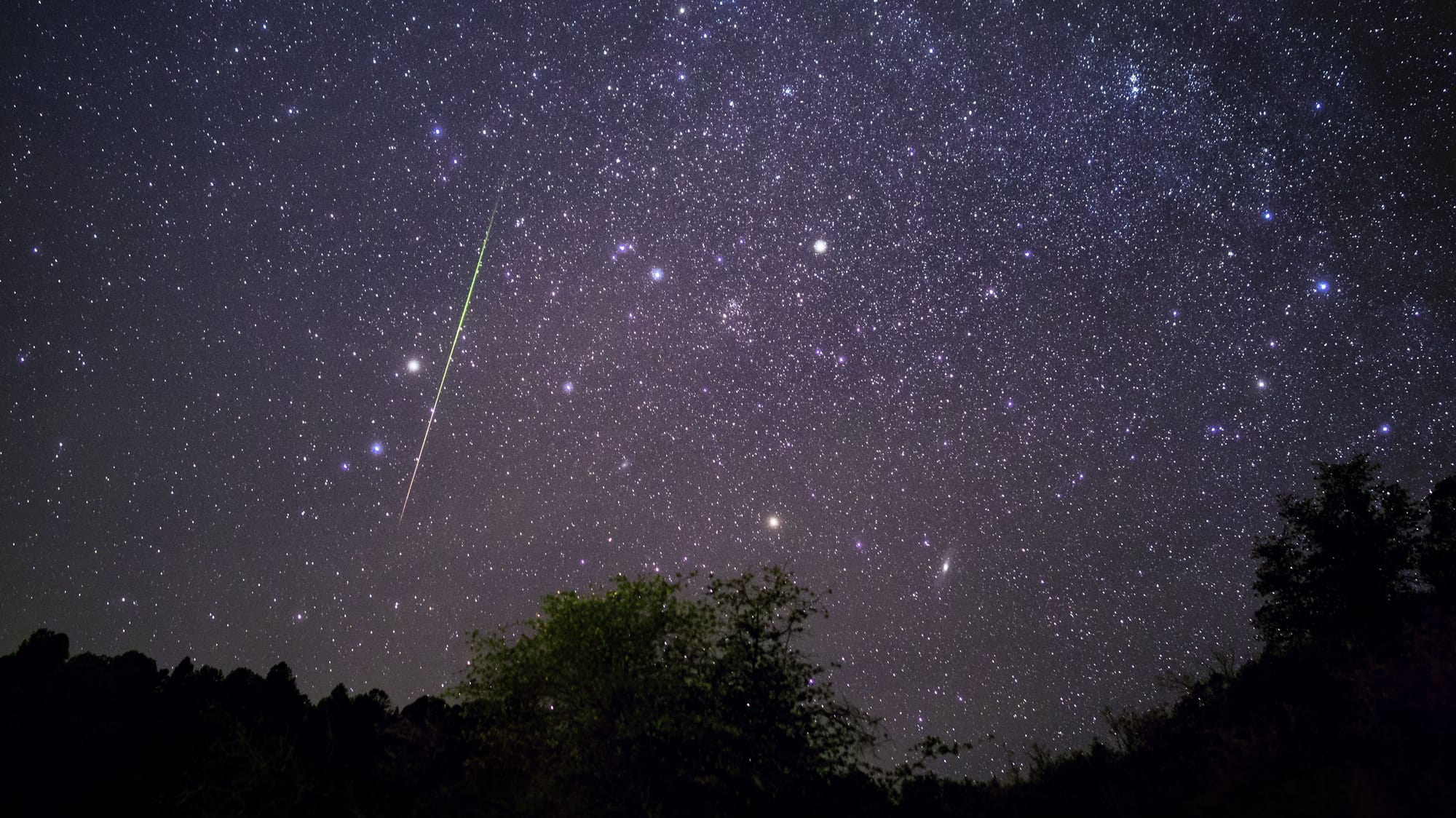Did You Catch One?
Children often ask for more. I may have more discipline now when it comes to asking for cookies or patience in fishing, but I’m still guilty of a childish desire for the next thrill.

“Did you catch one?” asked 4 year old Cameron as I reeled in my lure from the front of my grandpa’s pontoon boat.
“No, not yet. But I’ve already caught five keepers, Cam,” I replied.
I’d caught 6 fish in less than an hour—and I was not the only one catching anything—yet still Cameron wanted to see more fish catching, more action, more entertainment.
Children often ask for more. You give one a cookie and she immediately wants another one, before she’s finished chewing the first. You throw a kid in the air to hear him tickled with glee, and then the first thing he says is, “Do it again!” …and again, and again. I may have more discipline now when it comes to asking for cookies or patience in fishing, but I’m still guilty of a childish desire for the next thrill.
Sitting with my back against our dwindling campfire later that night, I told my cousin, “I want to see another shooting star.” We had just seen a meteor zip across the sky and explode in the earth’s atmosphere, but I wanted to see another. My verbalized wish was almost immediately granted with a quick flash across the night sky. Then I caught my next thought: it was “More!”

As adults we may have more years than children, but we often operate on the same principles—only with more tact. We’re better at covering up our selfish desires and more subtle about our need for thrills.
Driving up to Nebraska this week I had 10 hours alone in the car to reflect on my summer in Central America. I rejoiced in all the beautiful moments and sights and relationships, but I also had the same, old doubts resurface. Where is this God I’m trying to follow? Why don’t I feel him? Here I’ve just had a refreshing summer full of examples of God’s faithfulness in my life, but still I ask where he is.
The key is remembering.
The Bible talks often of remembering what God has done for us. Old Testament rituals and celebrations emphasized re-living miraculous works of God. Yet the Israelites still forgot God as quickly as he blessed them. Communion/The Lord’s Supper is a sacrament to remember what Christ has done for us, yet we still turn back to sin. I have to keep choosing to turn to God and remember what he has done for me.
The morning of fishing and stargazing, I read Psalm 23. The psalmist says the shepherd “makes me lie down in green pastures,” “leads me beside still waters” and “restores my soul.” Here I was sitting next to my Grandpa’s green lawn and the glossy, still lake with a peace of soul. The last time I read the chapter I was in a bus headed into San Salvador. I’d read “Even though I walk through the valley of the shadow of death, I will fear no evil for you are with me.” Little did I know I’d end up staying in a dangerous part of town that night, but I was kept safe. It’s important for me to continually remember what God has done in my life. With my child’s memory I quickly forget the small blessings and miracles in my life.
We need habits of returning our minds to God’s wondrous works, and often the best way is reading the Bible. Lord, help us remember what you’ve done for us.
